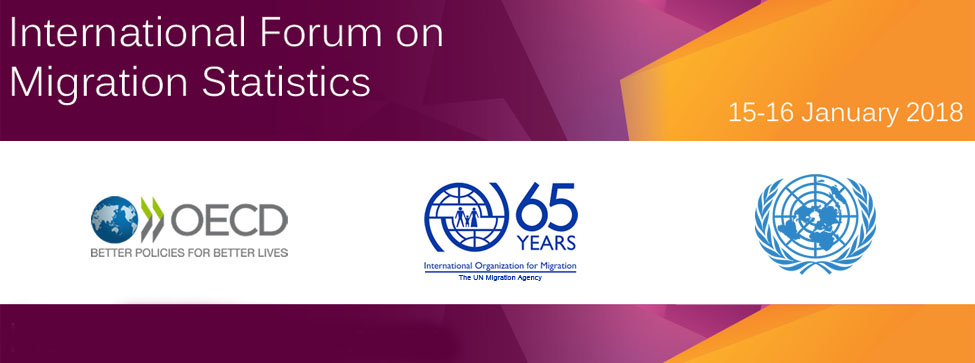by Daniel Karell
What are the costs of attempting to migrate internationally for work but being deterred by unexpected changes in states’ policies? This paper—published by Daniel Karell in International Migration, as part of INCITE’s REALM program—builds on recent insights into involuntary immobility, and examines immobility's financial consequences across different levels of household wealth. Drawing on an original panel survey of 70 aspiring Pakistani labor migrants and their heads of household, Karell finds that poorer households more often expect to pay to migrate. They also lose the most in financing overseas employment attempts gone awry.
Karell uses the findings to specify a dynamic of immobility: “capability conversion”, or the process by which migrants’ capability to migrate at one point in time crashes up against unexpected constraints, thereby affecting their future capability to migrate. Capability conversion helps explain how migratory attempts can lead individuals to become more “stuck” over time, and, more generally, helps develop the aspiration‐mobility framework for analyzing (im)mobility.
Read the full paper here.

















